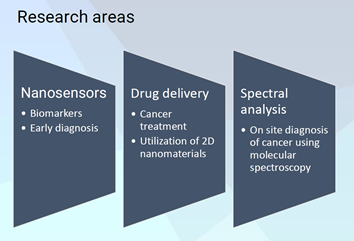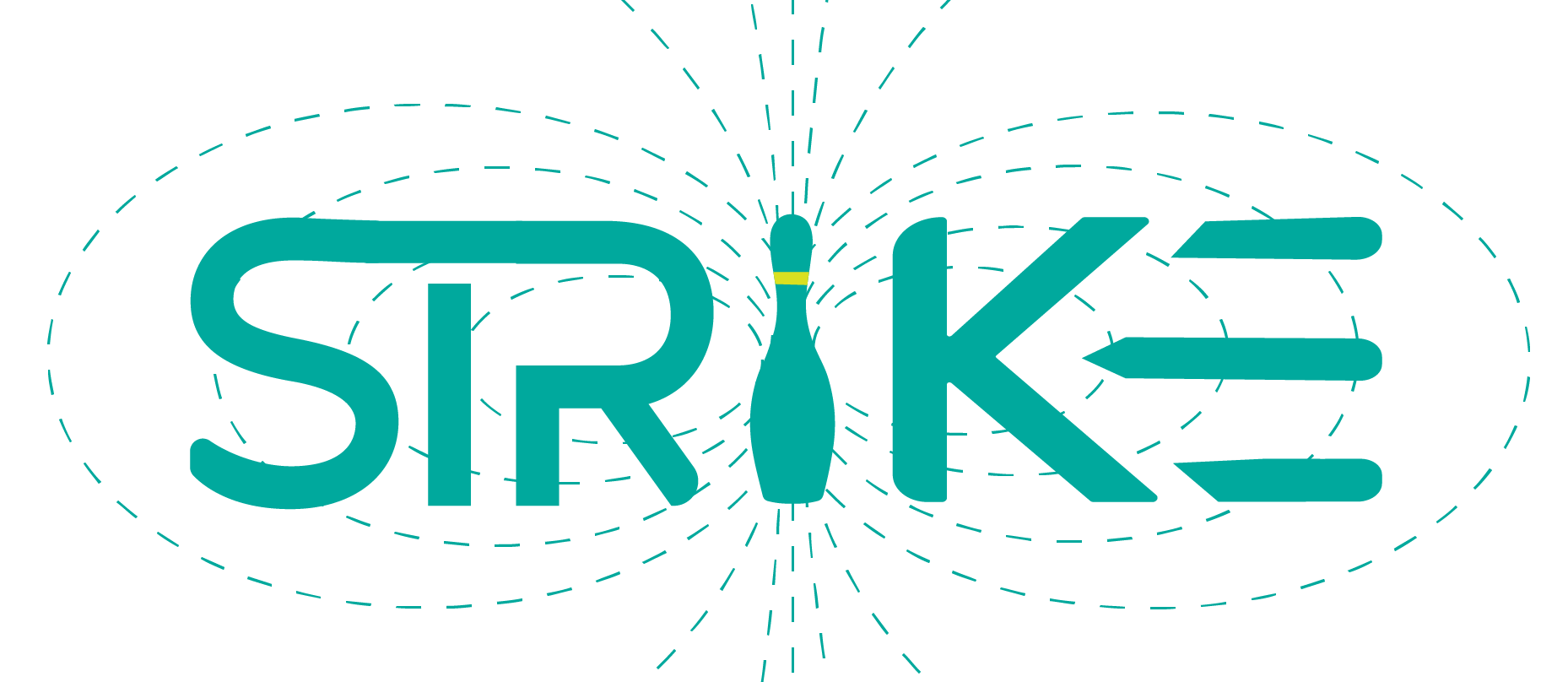Nanomaterials in medicine
Primary goal is to design efficient nanoplatforms and establish new diagnostic protocols to address severe diseases, including osteosarcoma, breast adenosarcoma or glioblastoma.
Research projects:
- Development of drug delivery systems based on i) advanced 2D nanomaterials and ii) biopolymeric nanocarriers.
- Development of methods for a detection of clinically relevant molecular markers using optical methods and plasmonic nanostructures.
- Analysis of chiral compounds using 2D optical anisotropic nanomaterials.

Key Research Facilities, Infrastructure and Equipment
IMTM is a high-end research and molecular diagnostics facility shared by the Faculty of Medicine, Palacký University and University Hospital in Olomouc. It is fully equipped to perform basic and industrial research and development in the field of molecular and translational medicine. The current infrastructure involves several unique technologies and research platforms: Genomics (HTS qPCR in 1536 format), Affymetrix platform, NGS, mass spectrometry (Sequenome); Proteomics (2x MALDI-TOF/TOF, HPLC-MS, qTRAP, qTOF, Orbitrap); Metabolomics (GC-TOF, qTRAP, Orbitrap); Microscopy: AFM, Raman microscopy, IR microscopy, confocal spinning disc and laser scanning microscopy, super resolution, PALM, SIM, TIRF, transmission and raster EM); HTS/HCA analysis: compound collection and dispensing, 3-arm robotic system for screening of small molecules in BSL2+/BSL3 and/or hypoxic environment, irradiation, readers: fluorescence, luminescence, radioactivity, absorbance, wide field confocal HCA, mass spectrometry based screening (RapidFire plus qTRAP); BSL3 laboratories; Small animal imaging center: optical (fluorescence, luminescence), X-ray, PET/SPECT/CT, ultrasound, access to MRI; Radiochemistry, medicinal and combinatorial chemistry; Biobank: >15.000 highly characterized tissue/blood/plasma/bone marrow samples.
